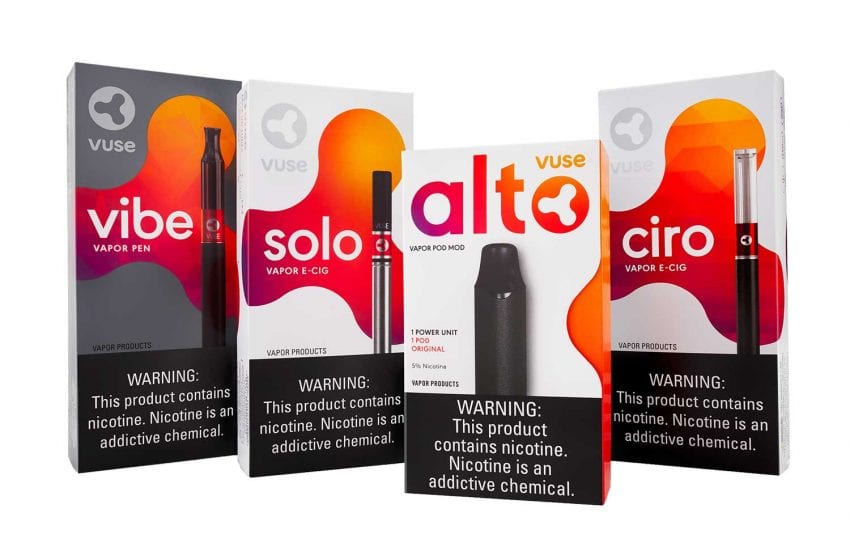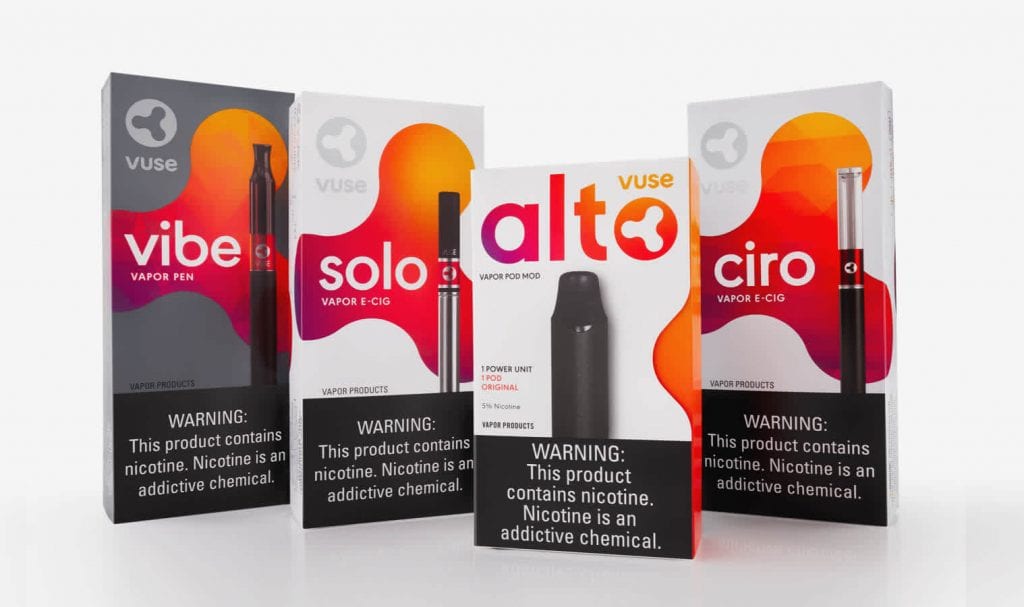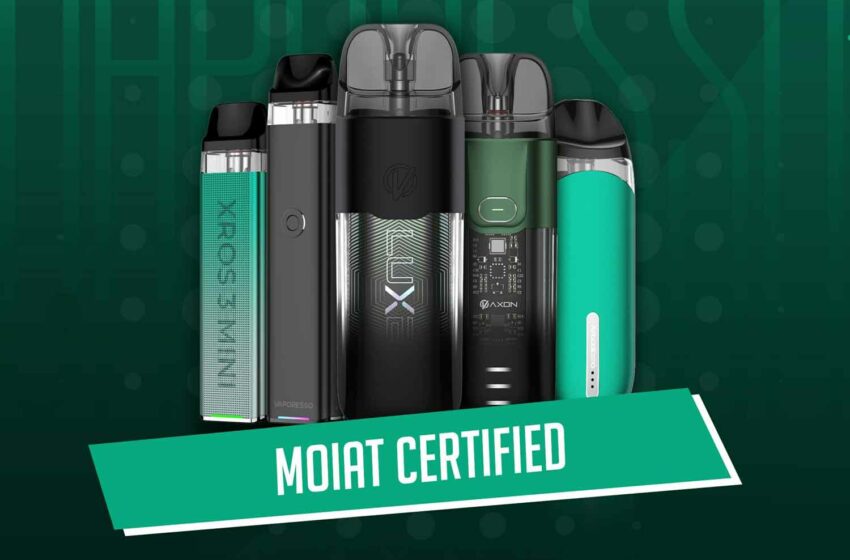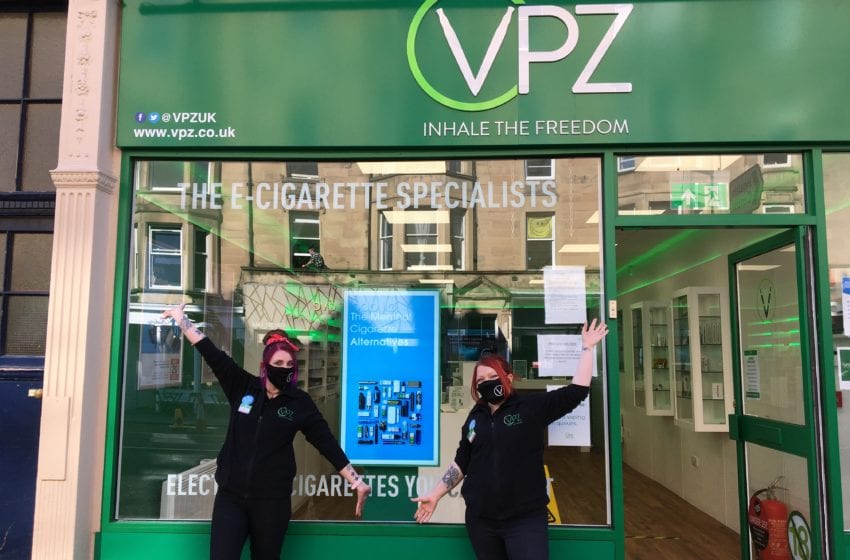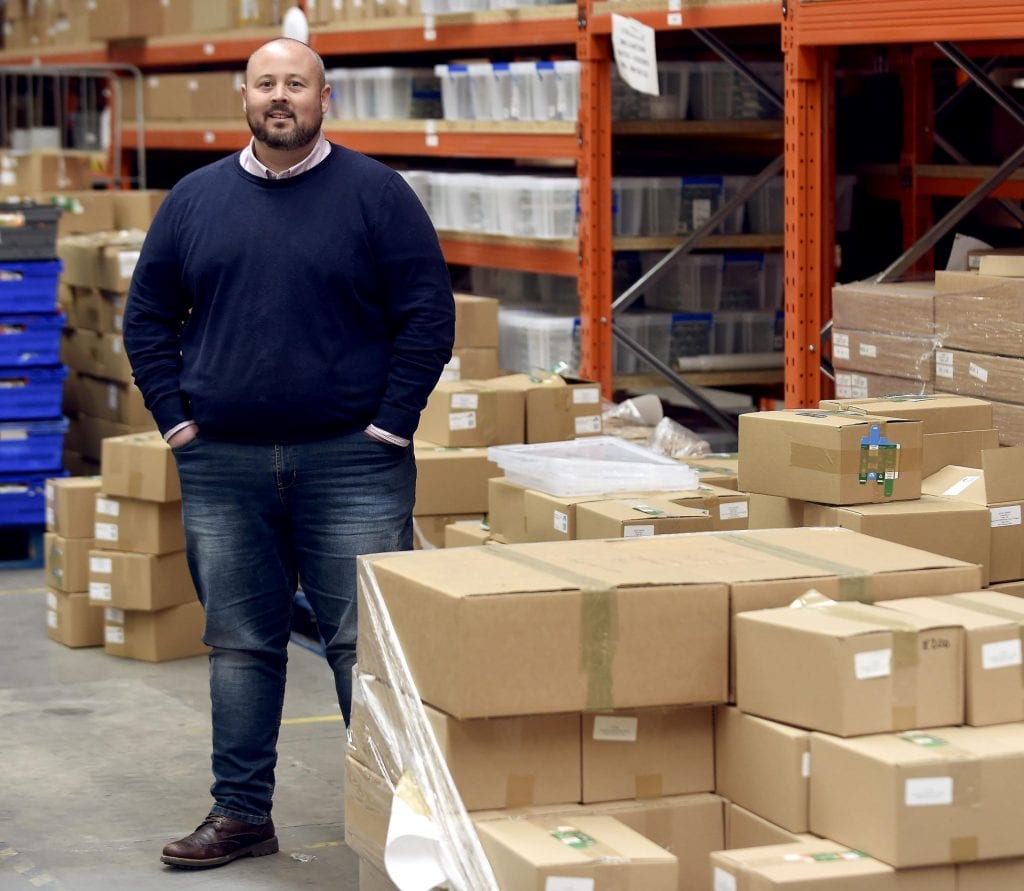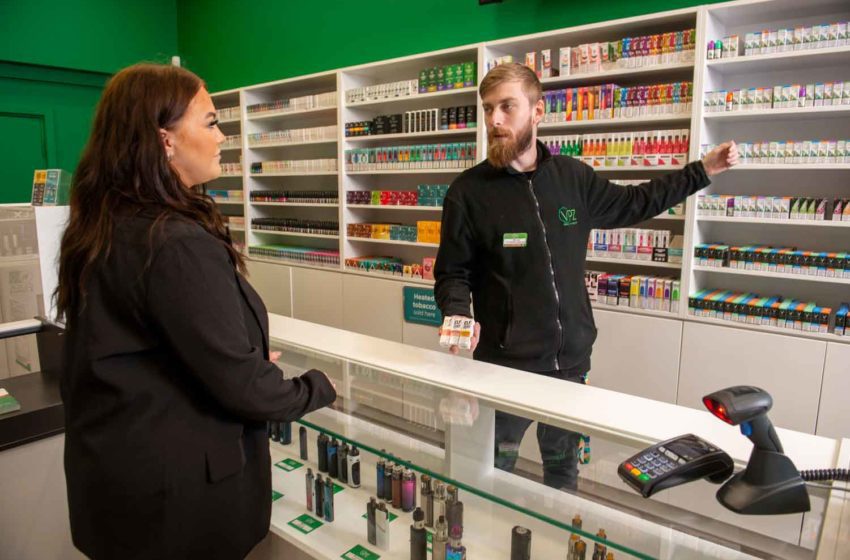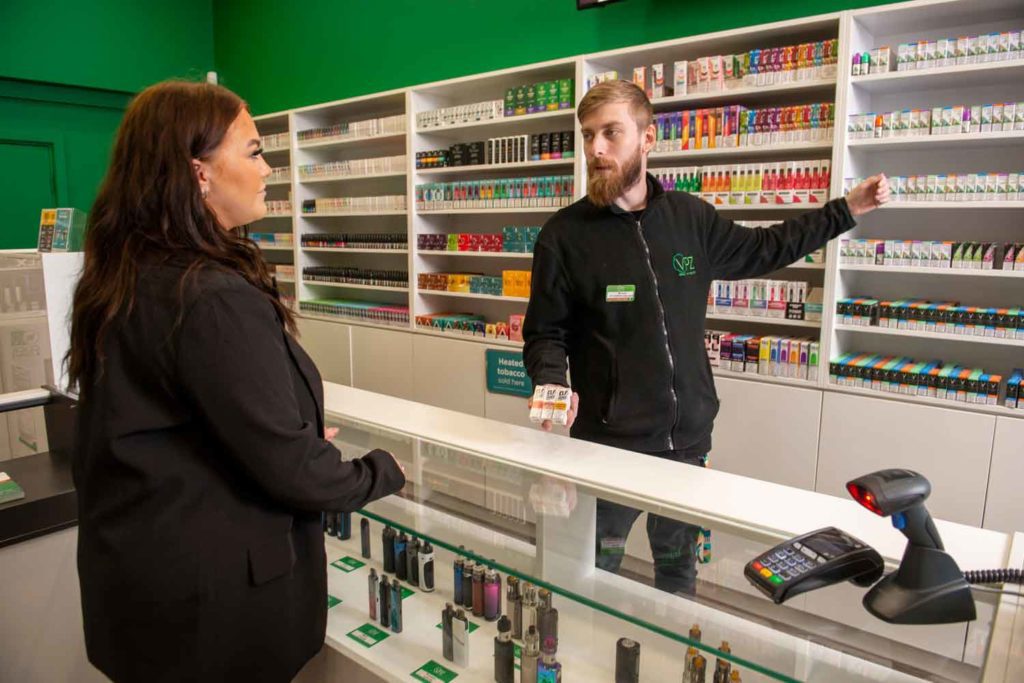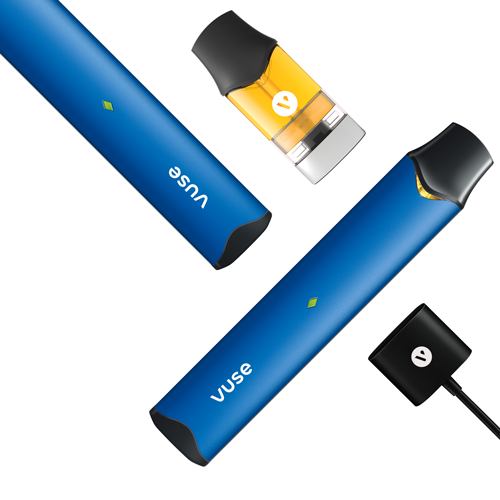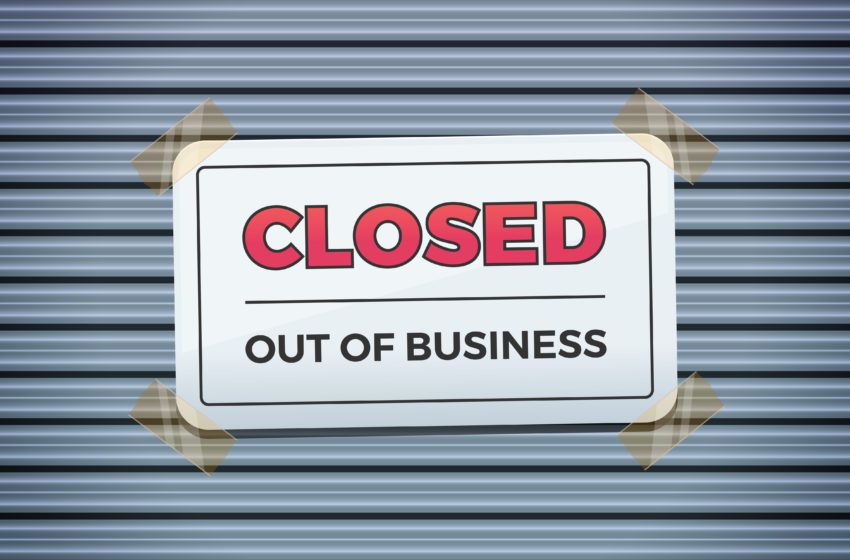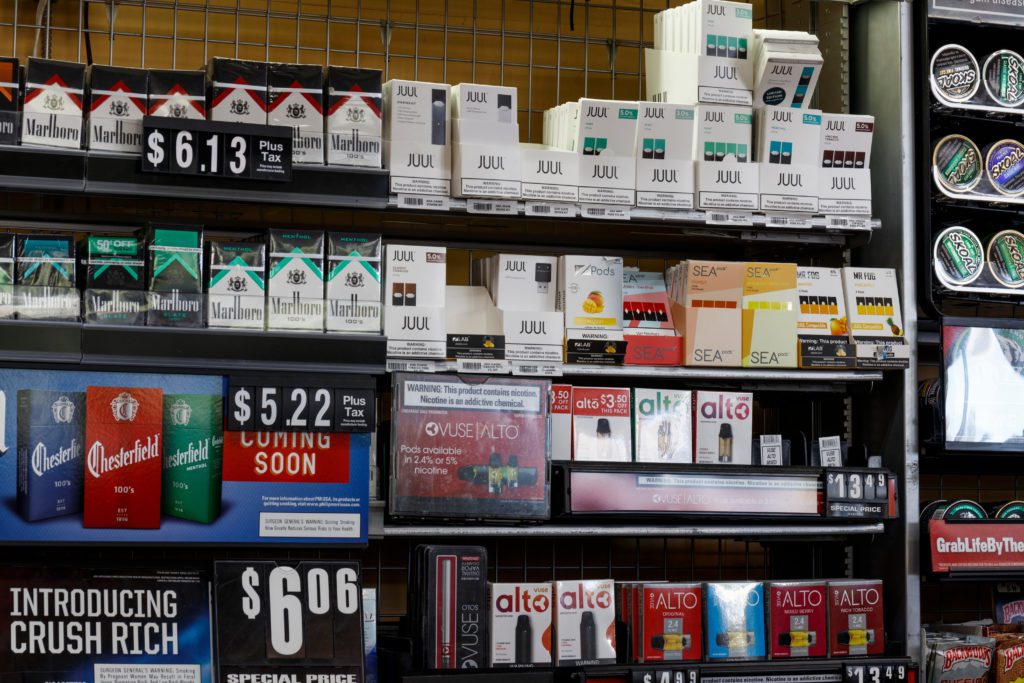
According to the latest Nielsen convenience store report, R.J. Reynolds Vapor Co.’s Vuse still holds a comfortable lead in e-cigarette market share for the four weeks ending Oct. 7.
The company saw its lead increase slightly from 41.7 percent to 41.8 percent, while Juul’s share decreased from 24.7 percent to 24.4 percent, according to media reports.
This comes after Juul Labs Inc.’s regulatory concessions earlier this year caused their share to drop from 74.6 percent.
Meanwhile, Altria Group Inc.’s complete acquisition of NJOY on June 1 has yet to translate into any considerable increase in market share, as the companies only dipped about 0.1 percent from 2.6 percent to 2.5 percent.
Fontem Ventures’ blu eCigs, an affiliate of Imperial Brands Plc, rose from 1.2 percent to 1.3 percent.
Reynolds last week filed a U.S. International Trade Commission (ITC) complaint charging multiple manufacturers, distributors, and retailers of several popular disposable vaping devices with unfair importation.
It is one of several recent actions Reynolds has made to remove its competitor’s vaping products from store shelves.
Altria Group’s e-cigarette subsidiary NJOY, LLC has filed lawsuits against 34 foreign and domestic manufacturers, distributors and online retailers of illicit disposable vaping products.


